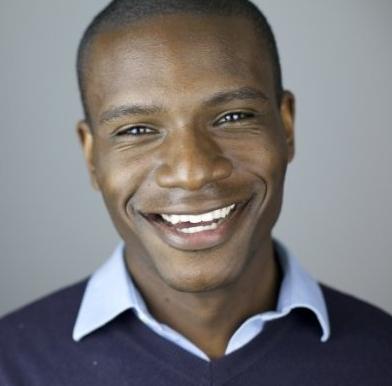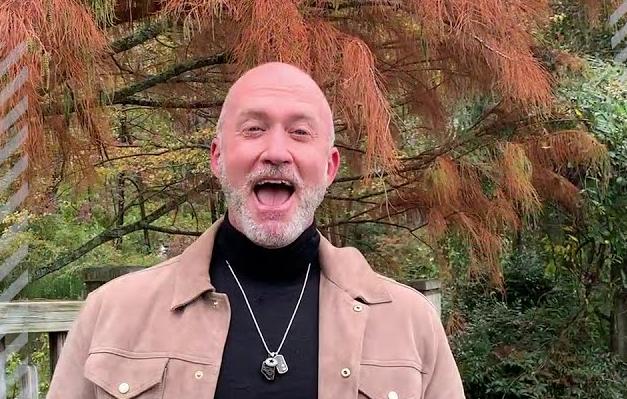During the weekend of April 24th, I had the opportunity to attend several events in and around Los Angeles that were focused on commemorating the Armenian Genocide. Even though I stuck out like a sore thumb (being a Black Queer man with no apparent Armenian heritage), I gained a valuable perspective on the importance of commemorating the 100th anniversary of the genocide. As I learned more about the genocide, I found many of its aspects compared to what happened here to Indigenous Americans and Black people during slavery and during the Jewish Holocaust. And by doing so, we found a common thread that gives us all a reason to all care about what happened then and what’s happening today.
Armenia, a nation that borders Turkey, Iraq, and Azerbaijan in the Middle East or Southwest Asia, as we used to say in the military, is at the very nexus of Europe and Asia. The events I attended are used to remember the Armenian Genocide, which took place over 100 years ago when during World War I, Turkish troops under the Ottoman Empire murdered over 1.5 million Armenians (60-65% of the population) who were land-standing between them and achieving their goal to have and expand a Turkish state in the region. They did this by carrying out executions, death marches, drowning, burning, and other means. Yet, even though this gruesome act happened, the Turkish government refuses to recognize it to this day.
Furthermore, today, the neighboring country of Azerbaijan is risking bringing about another genocide through its blockade of Artsakh, an independent Republic claimed by both Armenia and Azerbaijan following the end of the Soviet Union. Azerbaijan claims the land is theirs even though 80 of the inhabitants are ethnically Armenian. Azerbaijan has set up a blockade of the Lachin Corridor to get their way, preventing goods and people from entering the landlocked Artsakh, forcing Armenians to leave and risk another genocide.
As someone once said, “Those who fail to learn history lessons are doomed to repeat it.”. When I think about the genocide and these issues, I see a common thread of what happened in the United States to Indigenous Americans, enslaved Black people, and in Europe to the Jewish people during the Holocaust. And some choose not to want to learn those lessons. Right now, many Republican-controlled legislatures seek to ban books (and the Drag Queens who read them) that recognize and tell the truth about what happened to Black and Indigenous people. As my Dad told me, “If you don’t recognize someone, you don’t have to respect them,” and that’s where these types of things begin.
The United States must recognize these atrocities and provide reparations to those it has harmed to repair the wounds of the past that have still not healed. Whether we are Armenian, Black, Latino, Jewish, Asian, or White, we must find the intersectionality between our communities to ensure that we can tell those who would choose not to recognize these historical truths of what happened in a strong collective voice – never again.

A millennial, based in Los Angeles, Steve Dunwoody is a veteran, college educator, and community advocate.




Recent Comments